Chip shortage could affect delivery dates for new 5G Apple iPhone models
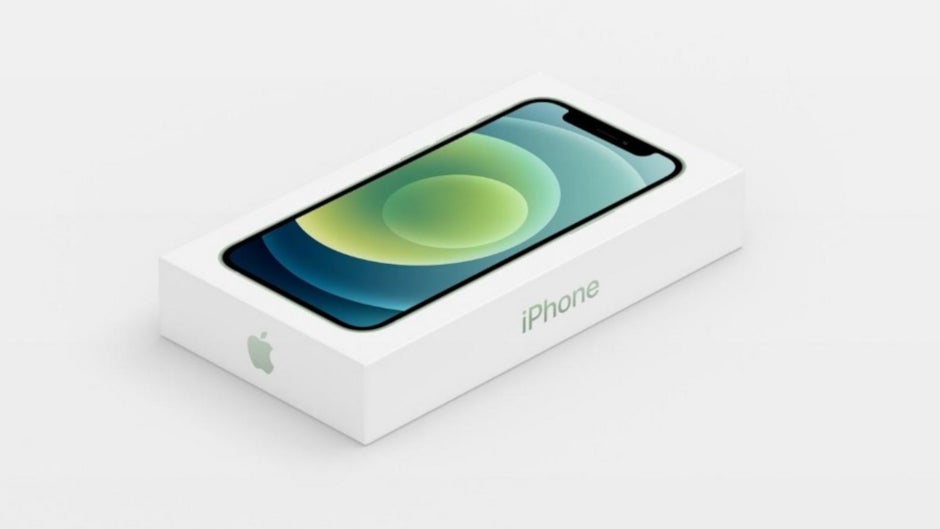
Huawei isn't the only phone manufacturer facing a chip shortage. Bloomberg reports that Apple is having problems obtaining chips that control how power is consumed on the iPhone 12 series. The report cites people in the know who say that the shortage could hurt Apple's ability to deliver enough product to fulfill heavy demand expected for the new 5G iPhone 12 series this holiday season. Not only does the iPhone sell well during the holiday quarter, it also flies off of the shelves during its launch quarter. In fact, the latter period is traditionally the handset's best selling three-month period each year.
Apple, Huawei face different kinds of chip shortages
Bloomberg notes that Apple being Apple, suppliers might end up prioritizing the company's needs over the needs of its other customers. Driving demand for chips this year is the fact that the new iPhone 12 family is the tech giant's first 5G phones. According to the world's top independent foundry TSMC, such 5G phones use 30% to 40% more chips than 4G phones. Power management on a 5G phone is more important because of the amount of battery life that is consumed when a phone connects to a 5G signal. Also driving demand for chips is the pandemic and the fear that another wave is popping up in areas such as Europe and the U.S.
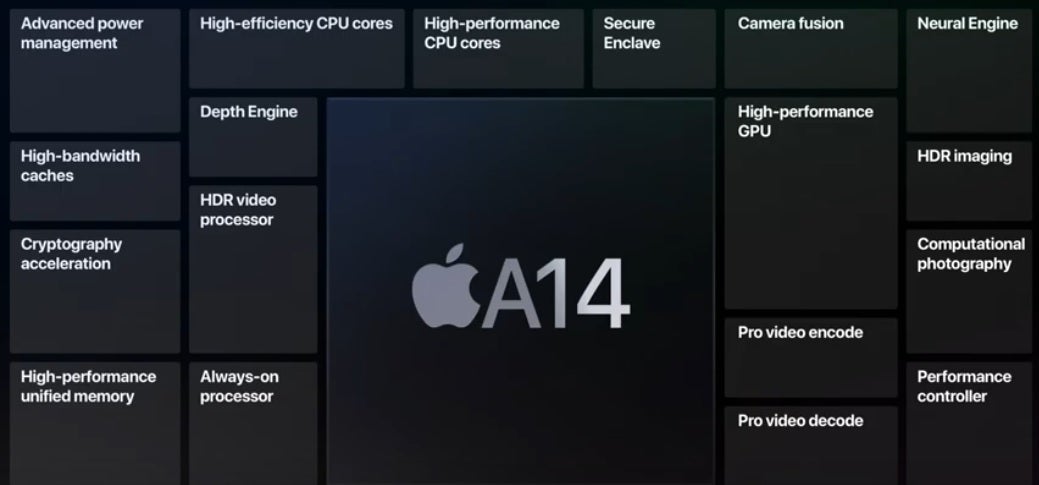
Apple's A14 Bionic is the first 5nm chipset to be used on a smartphone
When coronavirus became a global word early this year, the Asian supply chain was shuttered and while things have been returning to normal, there are still issues with disruptions that are expected to continue for at least two more quarters say analysts. Company CEO Tim Cook has been talking about the supply issues that Apple faces. Cook admitted that it is hard to guess how long these constraints will last for. The executive did speak with analysts about which devices face chip shortages and Cook mentioned the iPhone 12 line, the iPad, the Mac, and some Apple Watch models. Tear down firm iFixit points out that Apple has multiple suppliers for power management chips including Texas Instruments. The latter supplies components that control power management to the iPhone 12 Pro camera. A similar chip is made for Apple by STMicroelectronics NV. And a power management chip is also sourced by Apple for Qualcomm's 5G modem.
Huawei, hit by a U.S. export rule change, has also been forced to hoard its chips but its shortage has nothing to do with the pandemic. Instead, a rule change made by the U.S. Commerce Department forced foundries using American tech to manufacture chips, to obtain a license to ship these integrated circuits to the Chinese manufacturer. Huawei reportedly ordered 15 million units of its 5nm Kirin 9000 SoC, the company's most cutting-edge chip, but received only 8.8 million of them. Huawei will have to be careful because it needs those chips to power its new Mate 40 series flagship, its Mate X2 foldable phone, and the base stations used for its 5G networks. With the U.S. rule change, it won't be able to obtain more Kirin 9000 SoCs without U.S. permission.
This Friday, Apple will start accepting pre-orders for the iPhone 12 mini and the iPhone 12 Pro Max (the smallest and largest screened models respectively of this year's iPhone models). Both models will be released on November 13th. We will have to wait until next week to get a look at whether these two models will end up experiencing shipping delays due to strong demand. And the same power management chip shortage that affects the iPhone 12 and iPhone 12 Pro will no doubt have an impact on the next pair of 5G iPhones models to hit the market.
Follow us on Google News




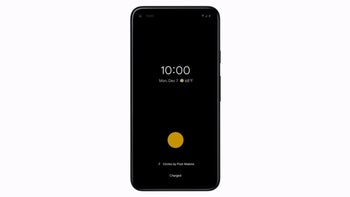
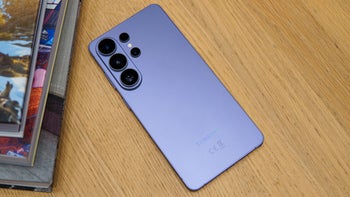
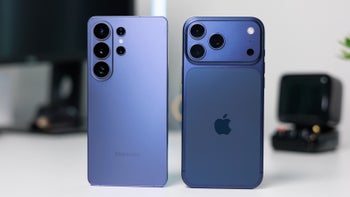







Things that are NOT allowed:
To help keep our community safe and free from spam, we apply temporary limits to newly created accounts: